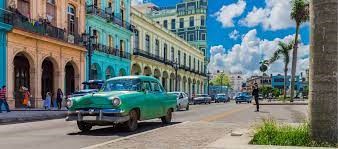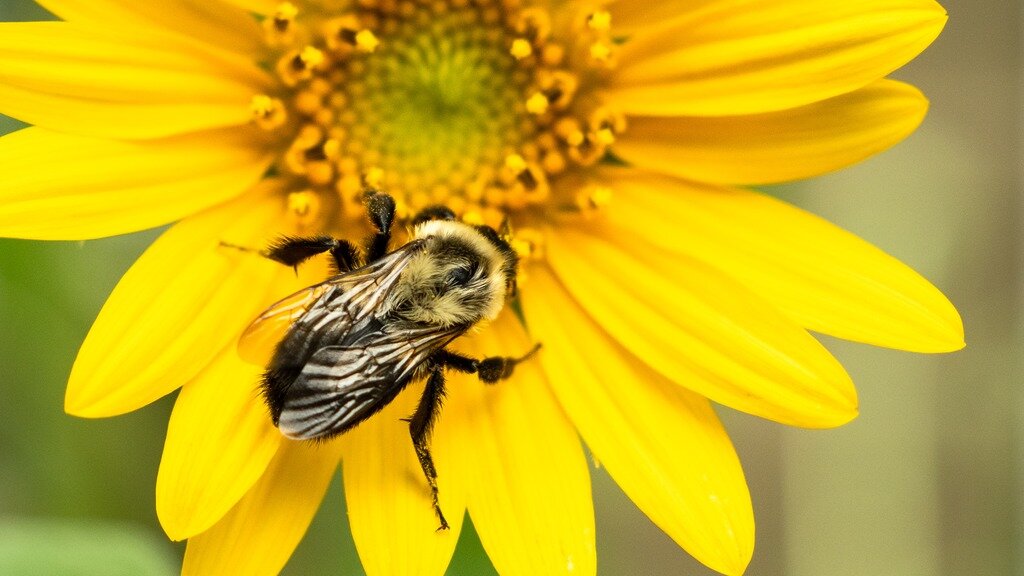Entertainment
Sharing tourism revenues transforming lives of locals

With his father a guide in the Nyungwe National Park 36year old Munyekazi Jean de Dieu and himself employed by the same park proudly says that his whole life from childhood to date has been nourished by the resources of the “big forest”.
Different from previous years however, he currently gains more from the forest and in a conservative manner that can guarantee the sustainability of the forest for more years to come.
As a child, Munyekazi recalls eating meat of the animals which were hunted and sucked juice from the fruits of the plants picked from Nyungwe National Park, which was then considered just a big forest by the communities that surround it.
When the government demarcated the “forest” as protected land and embarked on the conservation of the species therein in 1999, many of the residents including Munyekazi and his father believed that the worst had come considering that getting anything out of the forest was illegal or else they were to face the iron fist of the law.
But as he tells his story of change, it clearly demonstrates that the fear back then was just out of ignorance and backward mindsets that were blind to see the future and realize that it is far more beneficial to protect the animals and the plants in Nyungwe for long term profits than feed on them and hence destroy the forest within a short period like it was already occurring.
For instance 12 percent of Nyungwe was between 1997 and 2003 destroyed by wild fires in which local communities remarkably played a role while the last of elephants as one of the big mammals was killed in 1999 according to Illdefonse Kambogo the deputy chief park warden.
Initially Munyekazi’s father got trained and was employed among the park’s many guides while he himself has for more than a year been employed as a technical personnel to regularly monitor the operations of the canopy walk way. This particular product was introduced in Nyungwe National Park about two years ago.
Acquiring the skills that won him the job for Munyekazi who barely completed primary school education and knew nothing besides cultivating for subsistence is something that came out of the blue. He notes that his whole world has changed ever since he was trained by the Canadian expatriates who erected the Canopy walk-way and later on acquired him the job as a maintenance personnel for the infrastructure.
“From surviving on small scale substance farming where I hardly afforded enough meals to feed my family of six, I got hired and now earn quite a good sum of Rwf100,000 every month and this has made it possible for me to afford high standard meals for my children and I am now able to take them to good schools.”
“I have been able to rebuild my house more than doubling its size to a worth of above Rwf1million to fit my family of six individuals,” he added.
Munyekazi just like many of other locals who reside around Nyungwe National Park share a conviction that the benefits which they have gained from the rain forest would never have been possible had it not been for the efforts that were invested in the conservation and protection of its rarely diverse ecosystem by the Rwandan government.
Ranging from big mammals like bush pigs to the over 300 species of birds and about 1000 plant species including the highly sought after orchids, Nyungwe’s flora and fauna mix presents it among Rwanda’s leading tourist attractions which fetch the country foreign revenue.
Thus in efforts to ensure that the revenues acquired reach the people in the communities where the parks are, the Rwanda Development Board (RDB) which is charged with the responsibility of managing tourism activities in the country designed a revenue sharing project which started operation in 2005.
And this has over the years ensured that locals both those directly employed by the Park get a share of the revenues which can help them substitute for the subsistence they formerly acquired from the park by engaging in poaching and other dangerous practices.
Ever since its creation, the tourism revenue sharing scheme has been a tool of transformation for the lives of many in the specific communities while ensuring that the country’s natural heritage is preserved and protected.
The scheme is designed such that 5 percent of the total revenues collected from tourism every year is sent back to the communities that leave in close proximity to tourist attractions which are predominantly National parks.
The five percent share of the total revenue is then distributed amongst Nyungwe, Volcanoes and Akagera National with shares of 30, 40 and 30 percent respectively. Over Rwf282.7million of tourism revenues represented the five percent in 2012 which was transferred back to the communities. The funds are either used to support social infrastructure development like building schools among others or to finance income generating projects.
Within the communities, RDB through the management of respective national parks identifies cooperatives with projects which have a conservation aspect and these receive financial support. Mostly the sponsored projects provide alternatives for the locals to substitute encroaching on the national park in search for a means of surviving.
Cooperative Twitekubidukikije Buruhukiro is one of the beneficiaries of RDB’s financial support in its revenue generating activities. This cooperative of over 100 members has received Rwf23million in three phases which has so far enabled it to construct a small grain milling factory in the area.
The milling factory has among other things enabled the residents of Buruhukiro sector and other neighboring areas to easily process their grain produces for convenient storage and consumption. Also, the factory helped reduce bad practices like cutting down trees from Nyungwe forest for making mortars and other tools which were traditionally used in grinding the grains.
Also with RDB’s support, the association managed to construct a permanent facility where the machines operate from and is yet to complete a fully fledged storage facility for both raw and processed grain produce. The later will help reduce the spoils that have been recorded in the past by the cooperative.
Barore Vicent is a member of Cooperative Twitekubidukikije Buruhukiro and he told of his rise from poor living standards to better economic welfare ever since he begun to operate in a cooperative. A father of three, Barore says he currently manages to feed his family with well grinded maize flour thanks to the machines that were bought for the cooperative with support from RDB.
Also Barore scored that as a member of the cooperative, he pays Rwf30 less to have a kilogram of grains ground at Rwf50. “This enables me to save more of my revenues and thus been able to buy a cow and renovated my house in less than a year.”
The grain milling factory for Cooperative Twitekubidukikije Buruhukiro will be launched this year as the project for the annual Kwita Izina function.
Besides Cooperative Twitekubidukikije Buruhukiro, Louis Rugerinyange the Chief Park Warden of Nyungwe National Park scored that 13 bee keeping cooperatives, four brick laying cooperatives are among many other income generating projects that have benefited from financial support through the tourism revenue sharing scheme.
-

 News10 months ago
News10 months agoTrump Mug Shot: Exploring the Controversy, Legal Aspects, and FAQs
-

 Tech9 months ago
Tech9 months agoGuide to Nextdoorstudios: Your Ultimate Resource
-

 Tech4 months ago
Tech4 months agoShine Bright with the Twice Lightstick
-

 Health4 months ago
Health4 months agoThe Health Benefits of Indica Edibles: More Than Just a High
-

 Health5 months ago
Health5 months agoThe Best Hybrid Marijuana Strains for a Balanced and Customizable High
-

 Home and Garden10 months ago
Home and Garden10 months agoExploring the World of Spelling Bee Forums: Your Ultimate Guide
-

 Entertainment9 months ago
Entertainment9 months agoIzanami Backwards: Unveiling the Mysteries
-

 Fashion6 months ago
Fashion6 months agoThe Timeless Comfort- Exploring the Essentials of Tracksuit
















